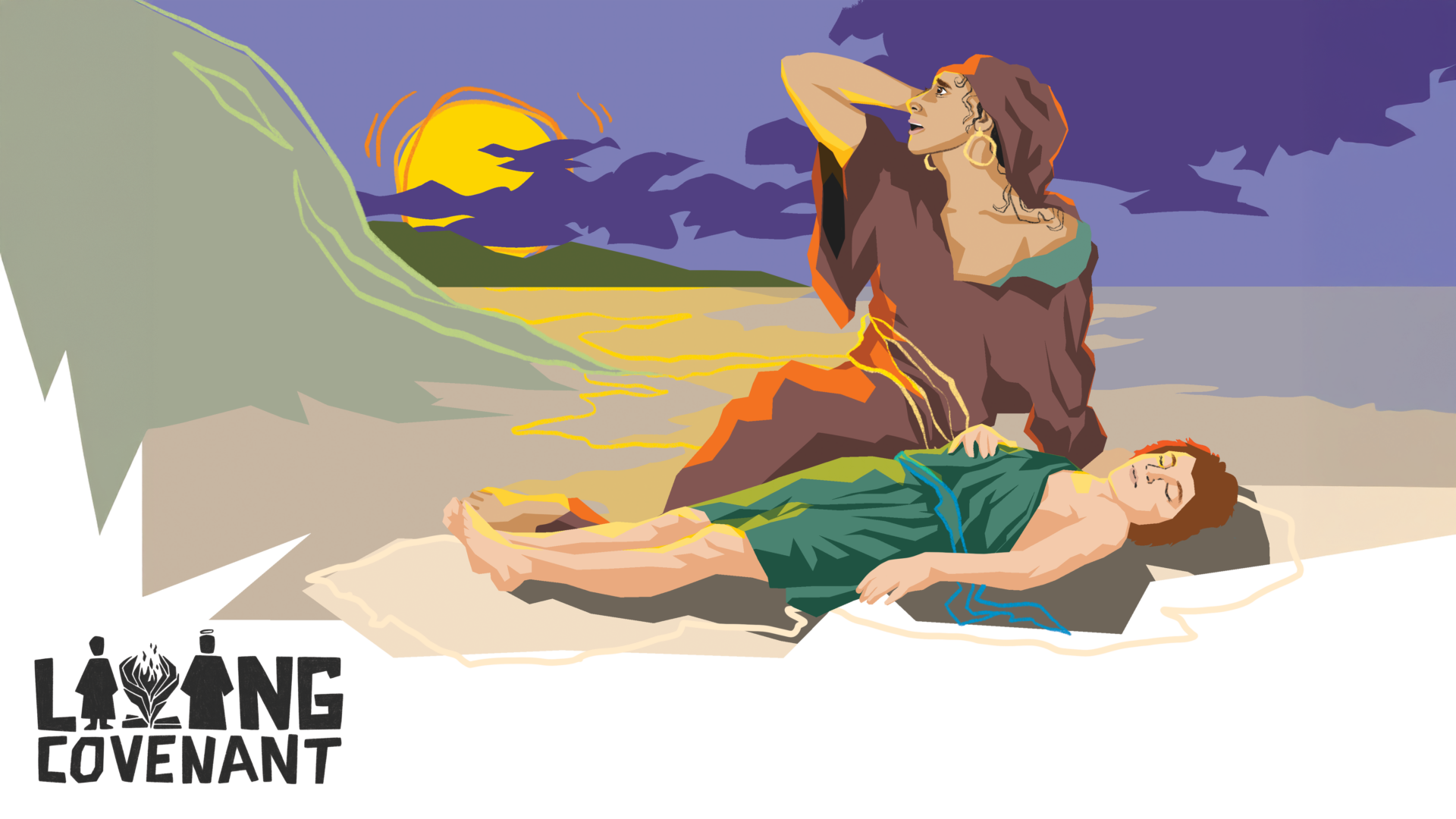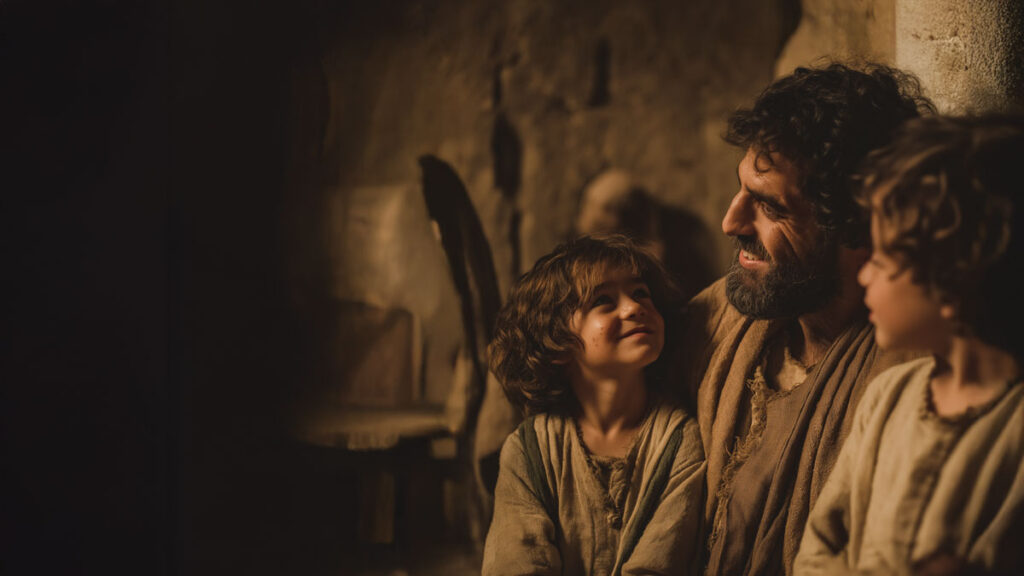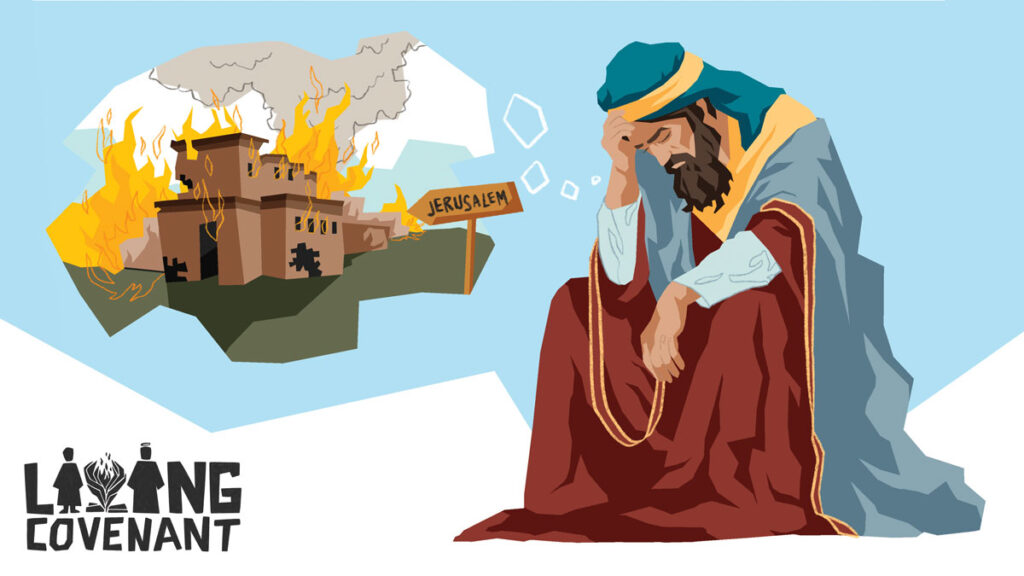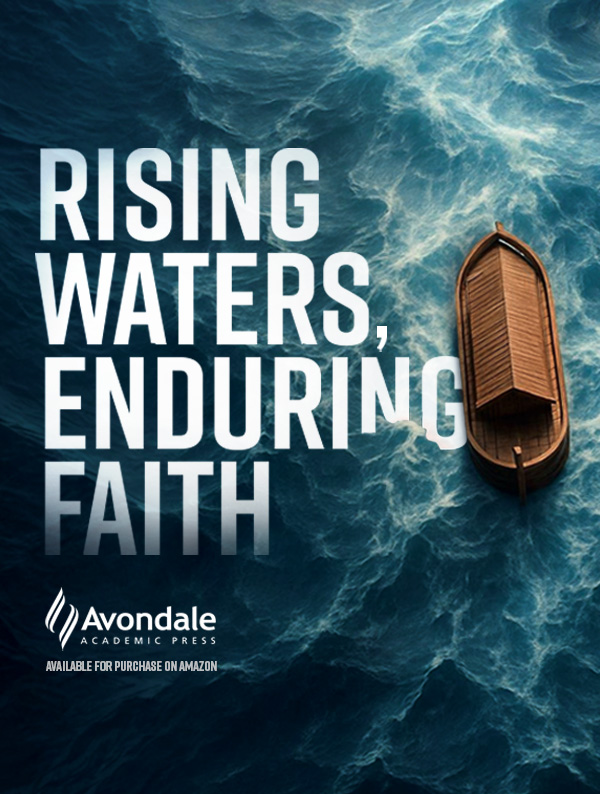This Living Covenant series has explored the lives of some amazing people of God. In the early stages of planning this series for Adventist Record magazine, our editorial team brainstormed people from the Old Testament who should feature: Moses, Elijah, Joseph, Daniel, David . . . the list goes on. But the name that God put on my heart to explore for this series was not one of these great men of God—it was Hagar. In some retellings Hagar is seen as the obstacle in Sarah and Abraham’s story, a scornful and proud villain who is an obstruction in the holy lineage of God’s people. But if we go back and examine more closely, we might begin to look at the story in a new way. Her experiences remind us that those who are neglected or dismissed are seen and valued by God.
Hagar’s story is unique but it runs parallel to a Bible story that we’re all very familiar with. Hagar’s story is just like Israel’s story. Hagar was an Egyptian enslaved by Israelites, just as the Israelites were slaves in Egypt. Hagar became a threat to Sarah once she had a son to Abraham, just as the Israelites became a threat to Pharaoh when they grew in number. Hagar suffered abuse as a slave, just as the Israelites did in Egypt, and both ran to escape their predicament. But God heard their distress and met them (Hagar in the wilderness, and the Israelites in the desert) with promises for great futures. In both situations, God revealed Himself as the One who sees and hears the cries of those who are distressed.
Genesis 16 is where Egyptian slave, Hagar, enters the narrative. Biblical commentators have theories about Hagar’s origins (like being Pharaoh’s daughter), and how she came to be in her position (one suggestion is that she may have been a gift from Pharaoh to Abraham after the whole debacle which saw Sarai passed off as Abram’s sister and adopted into the harem of Pharaoh).
Regardless of Hagar’s history, we know that she was an Egyptian woman living captive as a servant in a foreign community and culture. I caught a small glimpse of that disorientation when my husband and I moved from our home in Australia to New Zealand early in our marriage. Though the two countries are very similar, leaving behind the big city of Sydney–which had been my home for 24 years–and the safety of a close-knit group of friends, for the regional city of Palmerston North felt like stepping into foreign territory. It was a lonely season of life, and I would ask God daily for a close friend like the ones I had left behind. If I felt that kind of isolation with so many familiarities still around me, I can only imagine how difficult it would have been for Hagar. Her Egyptian heritage meant she would have needed to learn a new language, a new set of customs and practices, and a new God–a singular God— different to the multiple gods of the Egyptians.
Not only suffering culture shock, Hagar was living a life of servitude to Sarah, Abraham’s wife. With no input to the situation, she is used as a tool to gain the son that God promised Abraham and Sarah. In the culture of the day, the inability to have children was seen as a female problem. They believed that the man would always be able to plant a seed, but if this did not come to fruition as a child, it was a divine judgement against the woman. So, when Hagar discovers she is pregnant with Abraham’s child, it is interpreted as God’s blessing towards her, and by extension seen as a curse on herself by Sarah.
This change in dynamic causes tension between the slave and her mistress. When Hagar discovered she was pregnant, Scripture says she looked with contempt on her mistress—a shift in attitude that, while understandable given her years of powerlessness, only deepened Sarah’s feelings of jealousy and resentment. Choosing not to be involved in the dispute, Abraham renounces his rights over Hagar, leaving her in the sole hands of Sarah, who treats her so harshly that Hagar saw no other choice but to run away.
It’s at this point in the story where some monumental events occur.
While a pregnant Hagar flees through the wilderness towards her home of Egypt, an “Angel of the Lord” appears to her with a difficult command from God, saying, “Go back to your mistress and submit to her” (v9). But then God makes Hagar a promise that could be considered equivalent to Abraham’s promise of numerous offspring: “I will increase your descendants so much that they will be too numerous to count” (v10). Going into further detail, the angel tells Hagar, “You are now pregnant and you will give birth to a son. You shall name him Ishmael, for the Lord has heard of your misery. He will be a wild donkey of a man; his hand will be against everyone and everyone’s hand against him, and he will live in hostility toward all his brothers” (v 11,12). The donkey part of the promise might seem strange to us, but Hagar heard it as good news because in the culture of the day, wild donkeys were admired for their freedom (see Job 39:5-8). In this promise from God, Hagar understood that her children would have a future of freedom, though not without cost—but they would be a strong and resilient people. This moment is so impactful for Hagar that she gives God a name: El Roi (which means “You are the God who sees me”), “for she said, “I have now seen the One who sees me” (v13). The slave woman who had been unseen in Abraham and Sarah’s household was now the first person in the Bible to declare that God is “El Roi”, the God who sees.
In a smaller way, God saw me in my isolation. After relocating to a new city, my daily prayers for a friend were answered and it was so much better than I could have imagined.
This is not the only encounter that Hagar has with God. Later, in Genesis 21, Sarah asks Abraham to send Hagar and Ishmael away. After consulting with God, Abraham gives Hagar some food and water and sends them to wander in the Desert of Beersheba. When the food and water run out, Hagar places Ishmael under a bush and sits sobbing “about a bowshot away” because she can’t bear to watch him die. “God heard the boy crying, and the angel of God called to Hagar from heaven and said to her, ‘What is the matter, Hagar? Do not be afraid; God has heard the boy crying as he lies there. Lift the boy up and take him by the hand, for I will make him into a great nation’” (v17,18). God opens Hagar’s eyes to a well of water, and as promised, He was with them as Ishmael grew up.
Hagar, who was marginalised on multiple fronts as a woman, a slave, a foreigner and later a single mother, was personally sought out by God. She is the first person recorded in Genesis to be visited by an angel of the Lord, the first person noted in the Bible to give God a name and is one of the only women in the Old Testament recorded as having two direct encounters with God.
Through Hagar’s story we see that God’s love is not limited to the main characters, but it also extends to those on the margins. His heart is for the oppressed, regardless of nationality, gender or social status. The same God that Hagar named El Roi, the God who sees, is still looking out for the forgotten today. The question is: are we?
Danelle Stothers is an assistant editor for Adventist Record.






